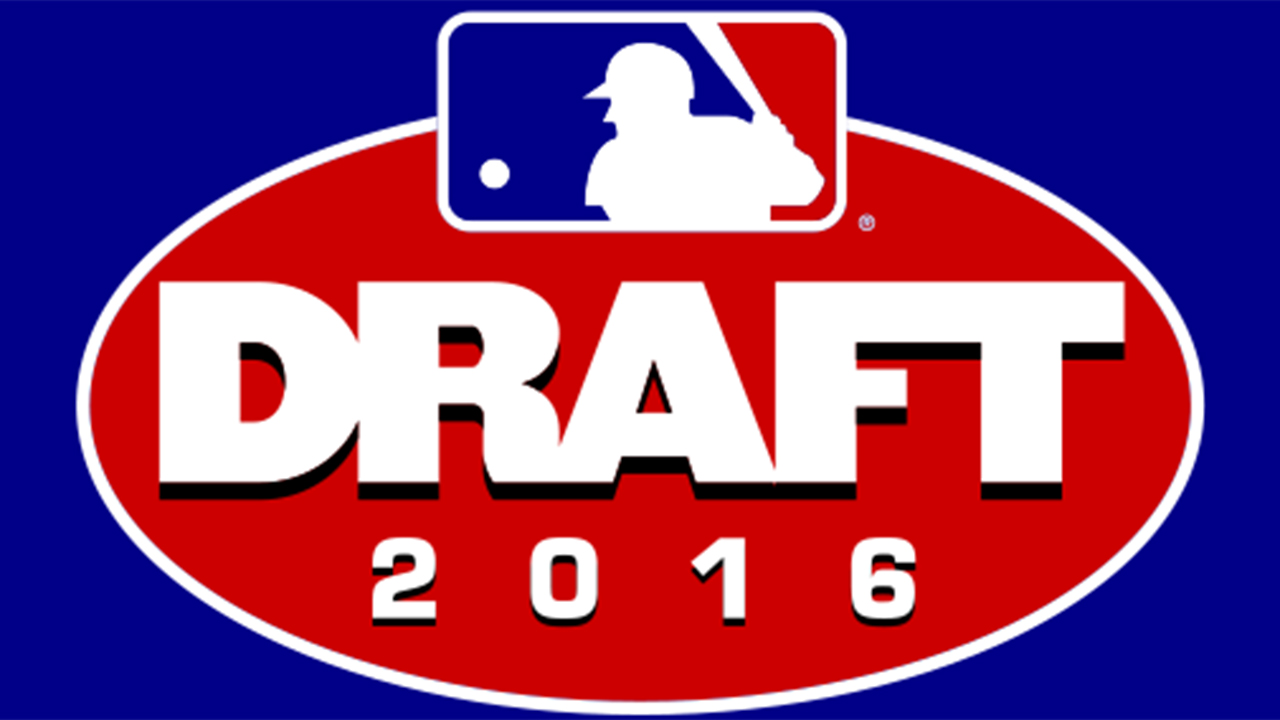With the 2016 MLB Draft getting underway today, many of the nation’s top high school and college players will hear their name called by Big League clubs. Unlike the NBA and NFL Drafts, these prospects do not have the knowledge, guidance and experience from an agent while going through this process, as NCAA rules stated that any player who formally signed with an agent would lose his remaining college eligibility. So the draftees could not be directly represented by an agent when negotiating their first professional contract.
Rather than being directly represented, players could use an agent as a “contract advisor” instead, so long as the “advisor” did not directly communicate with the MLB club on the player’s behalf and the player compensated the “advisor” for his or her services at their normal hourly rate. In doing this, a player would maintain his college eligibility, which for high school seniors was a big deal.
This past January, the NCAA enacted bylaw 12.3.1.1, which allows some recent MLB draftees to formally hire an agent while retaining their college eligibility. This specifically creates an exception to the traditional “no-agent” rule under special circumstances, marking the first MLB Draft that some draftees will have the option of hiring an agent without sacrificing their NCAA eligibility. The circumstances are:
“In baseball, prior to full-time collegiate enrollment, an individual who is drafted by a professional baseball team may be represented by an agent or attorney during contract negotiations. The individual may not receive benefits (other than representation) from the agent or attorney and must pay the going rate for the representation. If the individual decides to not sign a contract with the professional team, the agreement for representation with the agent or attorney must be terminated prior to full-time collegiate enrollment.”
In lay-man’s terms, the only players who can be officially represented by an agent without losing their NCAA eligibility are those who are drafted right out of high school. Although prospects are draft-eligible after their junior year of college, they are not allowed to officially sign with an agent unless they decide to forgo their remaining eligibility.
However, the new bylaw does not apply to all Division I athletic conferences. When it was initially passed, it only applied to the “power five” (ACC, Big 10, Big 12, Pac 12, and SEC) after being enacted under their “autonomy” of power, which was given to them back in 2014. Since this new bylaw was passed through this process, the other NCAA Division I baseball conferences can choose whether or not they abide by the new bylaw.
Nathanial Grow of Fangraphs.com reached out to the remaining 26 conferences to see if they were implementing the new rule. Thirteen conferences responded with the majority allowing their member schools to following the new regulation if they wanted. The Ivy League was still reviewing the matter, and the Patriot League plans on discussing the matter with baseball coaches this fall.
Although this will be the first year that high school draftees will be able to use official representation during the draft process, college juniors (a large portion of draftees) still have to follow the old guidelines of using an agent in an advisor capacity. It will be interesting to see if this bylaw is expanded to include high school draftees and college juniors in the coming years
